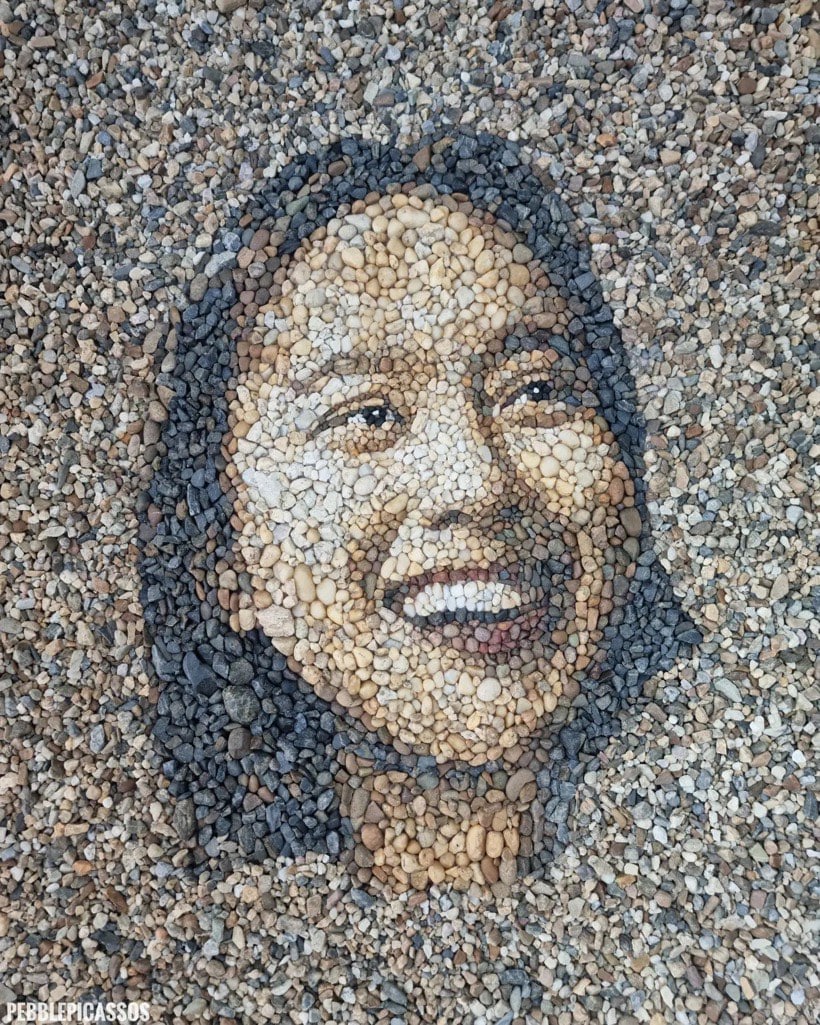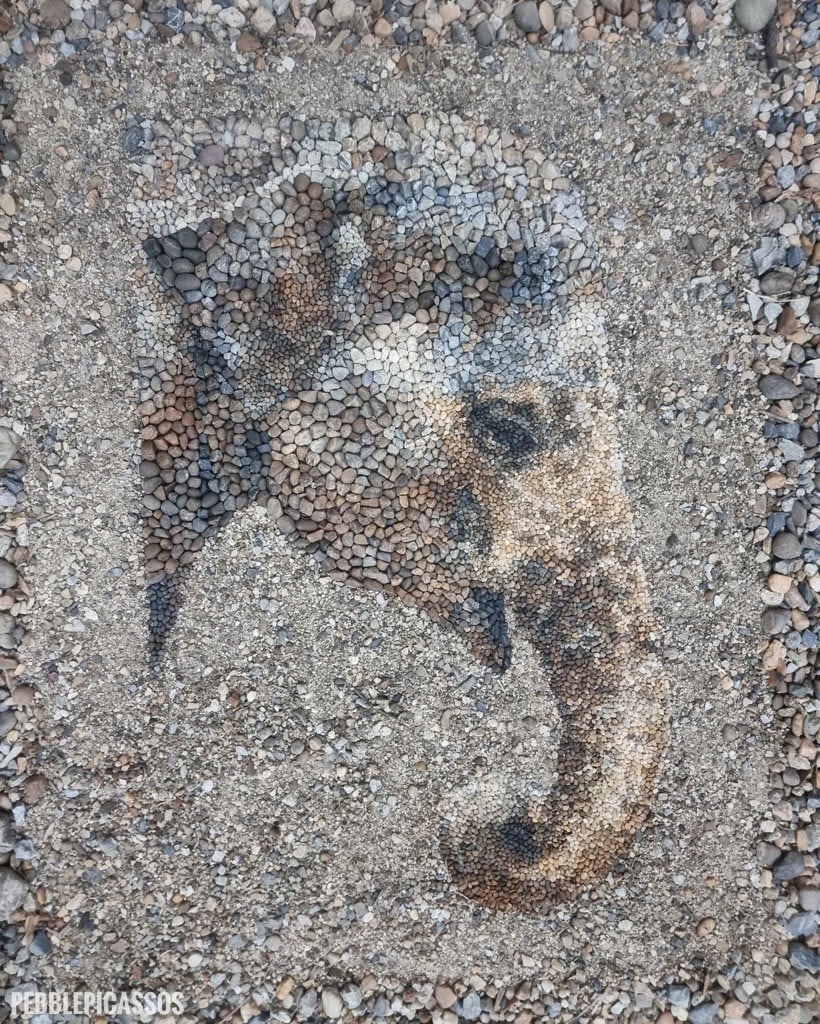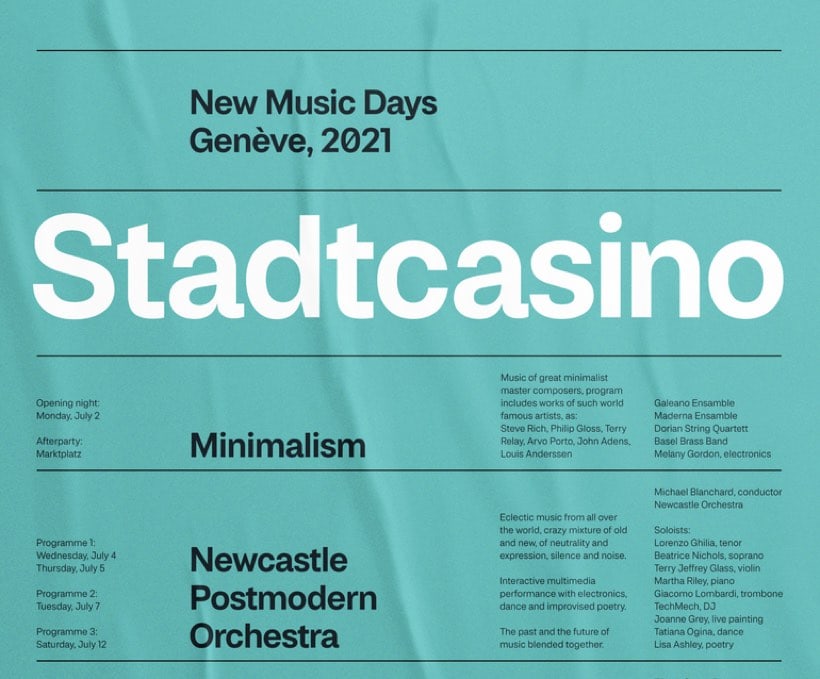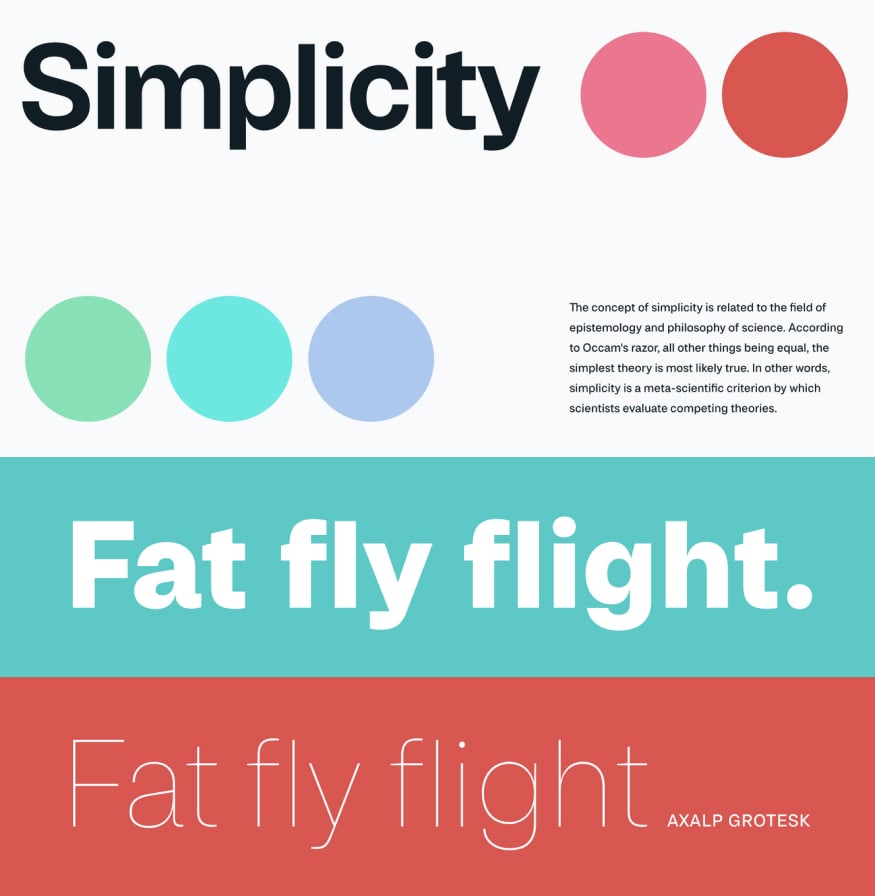 |
| |
|
|
|
Now that the hype of Threads has dissipated and the media has declared it dead, I finally opened up an account. For me, Threads’ uncommercialised status is its strongest feature: what a serene respite from the shouty ads selling cheap widgets. But I’m under no illusion about its future. By year’s end, Threads may well be gone, only to show up as a footnote in Meta’s latest earnings call.
I have no allegiance to any of the big platforms. Whether it’s run by Musk or Zuckerberg, none of the Big Tech execs put forward a role model or a vision of the future I find particularly desirable.
Yes, I’m also giving Mastodon a go, though it’s still too geeky for its own good. If Twitter is for self-absorbed thought leaders, Mastodon is for command-line programmers. Neither are conducive to a broader appeal, and maybe that’s okay.
Regardless of platform, I rarely post anything these days, anyway. The magic of engaging with like-minded strangers – what drew so many to this weird new media format in the first place – has largely vanished. Instead, I find myself being a lot more active in small iMessage or Whatsapp groups with friends, family or neighbours, often organising in-person catch-ups or events.
I’m not the only one, it seems. Kate Lindsay nicely captures this new social media passivity in her piece ‘We’re all lurkers now’:
“Instagram CEO Adam Mosseri recently revealed that most of Instagram’s recent growth has been in Stories and [Direct Messages]... It’s somewhat ironic to see tech companies now coming to the realization that people on social media may want to talk to each other. That’s why social media started, after all. It’s just that the people in charge dropped the ball on those features in 2020 during their frantic (and failed) race to usurp TikTok. Apps began prioritizing algorithms and discovery and ways of increasing views that de-emphasized direct connection, putting us all in the same place while somehow tearing us further apart.
“So now social media’s almost five billion users are not turning to talk to each other but each turning outward, shouting their skincare routines or restaurant recommendations or opinions into a void. We’re all just online for ourselves, which means there are fewer and fewer people to be the audience – to like, comment, or otherwise interact. As a result, our outward-facing posts are getting less engagement, and we’re less inclined to share them. We’re growing silent, lurking, sitting in these digital rooms out of habit, and not because we really want to be there.”
Some are going as far as calling it the end of social media altogether. As for myself, I’m happy to just lurk around. Whatever sense of belonging I may have lost online, I managed to make up for it in the real world. And that’s my advice for all the other lurkers out there: Say hello to a neighbour next time you’re outside. It feels pretty great. – Kai
|
| |
|
Become a Friend of DD today →
With a modest contribution of just $1.83 per month, you’re not only helping keep Dense Discovery going, you also receive special discounts, get access to the DD Index (a searchable catalogue of past issues) and a range of other benefits. Plus, it removes this message.
You receive this email because you subscribed to Dense Discovery, a weekly newsletter at the intersection of design, tech, sustainability, urbanism and more. Writing to you from Melbourne is Kai Brach. Do you have a product or service to promote in DD? Find out more about advertising in DD.
|
| |
Learn to Use AI for Good SPONSOR
|
|
AI for Good is an online course created for people in any field who want to learn how to apply AI as a tool for good. You’ll learn a framework that can be applied to any collaborative project, work with real data, and learn from experts in the fields of climate change, public health, and disaster response. Rated 4.8 stars on Coursera. Take the course for free, or earn a sharable certification for $49/mo while enrolled.
|
|
| |
Apps & Sites
|
‘Low-code’ app development
|
|
With Retool you can build internal apps on top of your scripts and APIs with limited coding skills. Over 100 drag-and-drop building blocks make it easy to develop apps and workflow automations, like admin dashboards or database interfaces.
|
|
|
If Typeform and Notion had a love child, it would look a bit like Tally. Recently celebrating the release of version 2, Tally is a text-based form builder with lots of powerful features, of which many are available on the free tier. Friends of DD enjoy a 15% discount on their first year on the Pro tier.
Become a Friend to access specials like this.
|
|
|
A handy app combination for those with an iPhone and an Apple Watch: record a voice message on the go (on your phone or watch) and view a text version of your memo on your iPhone shortly after.
|
|
|
OneStop Radio lets you listen to more than 65,000+ radio stations from around 230+ countries. Whether it’s news, music, sports radio or talk shows – search/browse by name, language, genre or country.
|
|
| |
Worthy Five: Luis Mendo
|
|
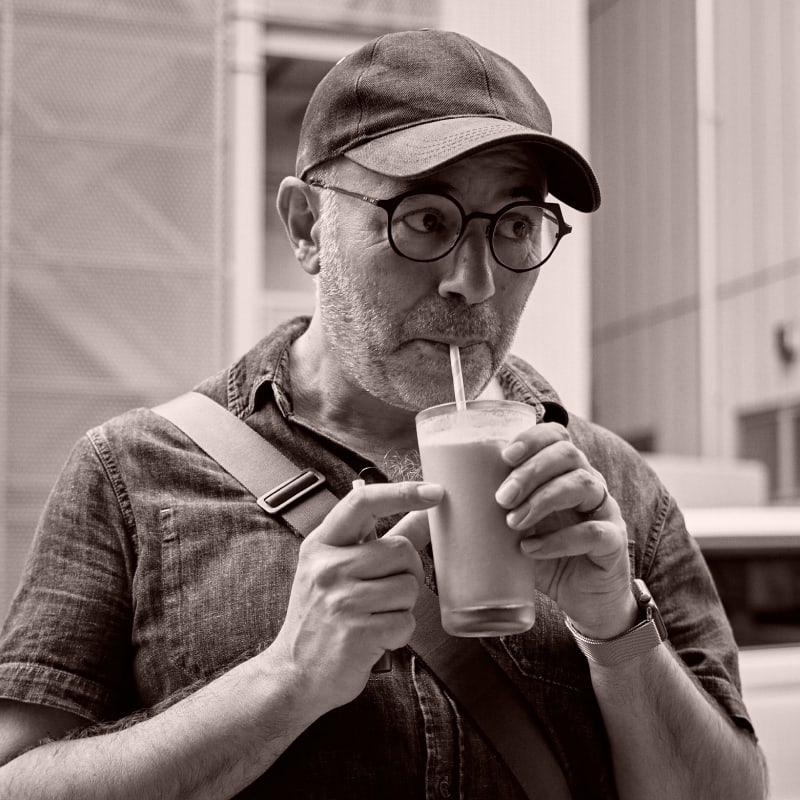
Five recommendations by Tokyo-based illustrator and artist Luis Mendo
|
A question worth asking:
‘Will this thing I really want actually enrich my life?’ We often confuse price with value – what something costs and what it brings to our lives. I try to remind myself of this before every purchase I make.
A quote worth repeating:
Stan Dale is quoted for having said: “All human behaviour is either an act of love or a cry for love.” It’s such a critical way of looking at the world: you can’t hate others for just wanting to be loved. We are all full of fears which are sometimes expressed through rage or – sadly – even violence.
A video worth watching:
I was obsessed with this long interview with Henri Cartier Bresson for a while. He offers lessons on humility and the unimportance of yourself and your tools. His English is a little hard to follow, but worth watching in full!
A Twitter account worth following:
I like following French publisher Thomas Ragon as he regularly shares illustrations and art from often unknown masters from the past.
A piece of advice worth passing on:
Self-initiated work will more heavily shape your career than ‘client work’. We should always do something creative outside of our typical professional obligations. It makes us feel alive and will, eventually, bring new jobs/opportunities our way.
(Did you know? Friends of DD can respond to and engage with guest contributors like Luis Mendo in one click.)
|
|
| |
Books & Accessories
|
A manifesto for humanity’s future
While we once believed that the earth was the centre of all creation, we now know that it is only one among trillions of planets in just one of an estimated two trillion galaxies. These awe-inspiring numbers are at the basis of the newest book by award-winning astronomer and physicist Marcelo Gleiser. “He calls for us to embrace a new life-centric perspective, one which recognizes just how rare and precious life is. Gleiser proposes a new direction for humanity, one driven by human reason and curiosity whose purpose is to save civilization itself. Within this model, we can once again see ourselves as the center of the universe – the place where life becomes conscious – and regain a clear moral compass which can be used to guide both science and the politics around it.”
|
|
How to navigate misinformation
Covering recent research about misinformation, Sander van der Linden explains why our brains are so vulnerable to misinformation, how it spreads across social networks, and what we can do to protect ourselves and others. “Deconstructing the characteristic techniques of conspiracies and misinformation, van der Linden gives readers practical tools to defend themselves and others against nefarious persuasion – whether at scale or around their own dinner table.” For an opposing view, read this book review which posits that misinformation isn’t as wide-spread as we are made to believe.
|
|
| |
Overheard on Mastodon
|
|
I think we really missed an opportunity a couple of years ago when we didn’t call NFTs ‘grift certificates’.
|
| |
Food for Thought
|
|
Kate Lindsay nicely describes the new passivity many of us feel towards social media: little will to engage, just following along, out of habit, not excitement. “Our outward-facing posts are getting less engagement, and we’re less inclined to share them. We’re growing silent, lurking, sitting in these digital rooms out of habit, and not because we really want to be there.”
|
|
|
A sobering but very insightful interview with environmental journalist Ben Goldfarb on the impact of roads and vehicle traffic on wild animals. Only factory farming kills more animals. “I think that’s one of the tragic ironies of automobility, that speed is both the destroyer of wild animals and it also blinds us to that destruction. When you’re sitting in your little vehicular bubble cruising along at 70 miles an hour, you don’t notice all of those small, inconspicuous carcasses along the roadside.”
|
|
|
When work and career are no longer at the centre of our identities, many retirees find themselves in a downward spiral – highlighting the modern cultural malady of ‘workism’. David Brooks writes about a wave of new university courses helping seniors find new meaning and purpose in their so-called ‘Encore Years’, and in the process offering some lessons about life and work for all of us. “In their senior years, they’ve revealed something I take to be a general human truth: Most of us don’t just want simple happiness; we want intensity. We want to feel that sense of existential urgency you get when you are engrossed in some meaningful project, when you know you are doing something important and good.” (Possible paywall – free archived view)
|
|
| |
Aesthetically Pleasing
|
|
With the motto ‘pebbles are my pixels’ artist Justin Bateman creates beautiful mosaic-like portraits using only pebbles.
|
|
|
UK-based artist Dani Molyneux creates colourful, playful type posters. “Big, bold, impactful pieces that take up space, make some noise and speak with conviction.”
|
|
|
The site NatureTTL not only shows off beautiful photos of everything natural. It’s the web’s go-to resource for extensive tutorials and interviews on landscape, wildlife, underwater and many other types of nature photography.
|
|
|
One of my recent favourite sans discoveries: Axalp Grotesk is a Swiss style modernist sans serif type family characterised by the play between elegant rounded shapes and sharp angular details.
|
|
| |
Notable Numbers
|
|
A recent Vox video advocating for more e-cargo bikes refers to a British study showing that most delivery vans (39%) are less than a quarter full, driving up C02 emissions while making our streets more crowded and less safe.
|
|
|
Anguilla is a tiny Caribbean island nation with fewer than 20,000 people. It’s estimated that the revenue generated by Anguilla’s .ai domain – around $3 million per month – currently accounts for around a third of the government’s monthly budget.
|
|
|
In an analysis of various work scenarios, people’s behaviours and sources of emissions, researchers found that switching from working onsite to working from home full time may reduce a person’s carbon footprint by more than 50 percent.
|
|
| |
Classifieds
|
|
Stop wasting time on leadership coaches that make you like every other leader. Nice Weather’s human-centered approach uses your unique strengths to make you thrive. Let’s talk.
Take on a project benefitting a nonprofit through the MAP Fellowship and tap into funding, mentorship, travel opportunities, and an alumni network of social impact leaders.
Unlock your career potential with The Little Book of Networking. Get essential skills to access untapped job markets & seize exciting opportunities. Grab your copy today!
Pass It On is a free newsletter that helps the tech and non-profit sectors learn from each other. Get insights and in-depth interviews straight to your inbox every two weeks.
|
|
Classifieds are paid ads that support DD and are seen by our 43,000 subscribers each week.
Book yours →
|
|
| |
The Week in a GIF
|
|
Reply with your favourite GIF and it might get featured here in a future issue.
|
|
| |
| |







